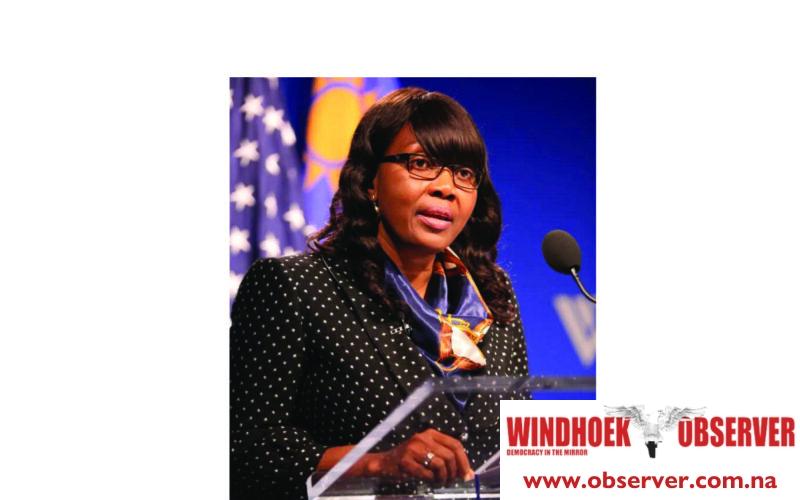Hetta-Maria Amutenja
The speaker of the National Assembly, Saara Kuugongelwa-Amadhila, says Namibia’s climate policy recognises that women and children, especially in rural areas, are hit harder by climate change.
Speaking at the 15th Summit of Women Speakers of Parliament in Geneva on Monday, she emphasised that while climate change affects everyone, its impacts are unequal.
“While climate change itself may be indiscriminate in its occurrence, its impacts are far from equal. Pre-existing gender inequalities shape how climate change is experienced,” she said.
Kuugongelwa-Amadhila noted that women and children in rural areas bear the brunt of climate impacts, particularly regarding agriculture, health, water, and economic policy.
She pointed out that rural women are often tasked with collecting water, food, and firewood for their families.
During droughts or floods, their work becomes even harder.
“When droughts dry up water sources or floods destroy crops, it is they who walk further, carry heavier burdens, and endure longer days. This is not an abstract concern; it is a lived reality that disproportionately affects women,” she said.
Namibia launched a gender action plan on climate change earlier this year. The plan aims to integrate gender considerations into climate action in line with the country’s National Climate Change Policy and commitments under the Paris Agreement. It requires all ministries to incorporate gender issues in their work on climate change.
Government reports have shown that rural women have limited access to land, money, and farming tools, making it harder for them to cope with climate-related challenges.
Kuugongelwa-Amadhila explained that cultural practices and social rules often restrict women’s ability to adapt to climate change.
“Women continue to face limited access to land ownership, financial resources, and technologies, key tools needed to adapt effectively to climate shocks. This restriction is rooted in social norms and cultural practices denying them the opportunities afforded to men.”
She also raised concerns about the heightened vulnerability of women and girls to violence during times of crisis.
“Climate-related disasters also increase vulnerability to gender-based violence, as displacement and economic hardship exacerbate power imbalances. Women and girls are more exposed to exploitation, abuse and health risks, particularly during times of crisis,” she said.
Many women in Namibia work in farming and informal markets, sectors severely affected by climate change. Kuugongelwa-Amadhila warned that without gender-sensitive climate policies, women will continue to suffer.
“A gender-blind approach to climate policy will leave our women behind, and no nation can afford to ignore the resilience, potential, and protection of half its population.”
The Geneva summit brought together women speakers of Parliaments from around the world to discuss peace, climate change, and gender equality.




